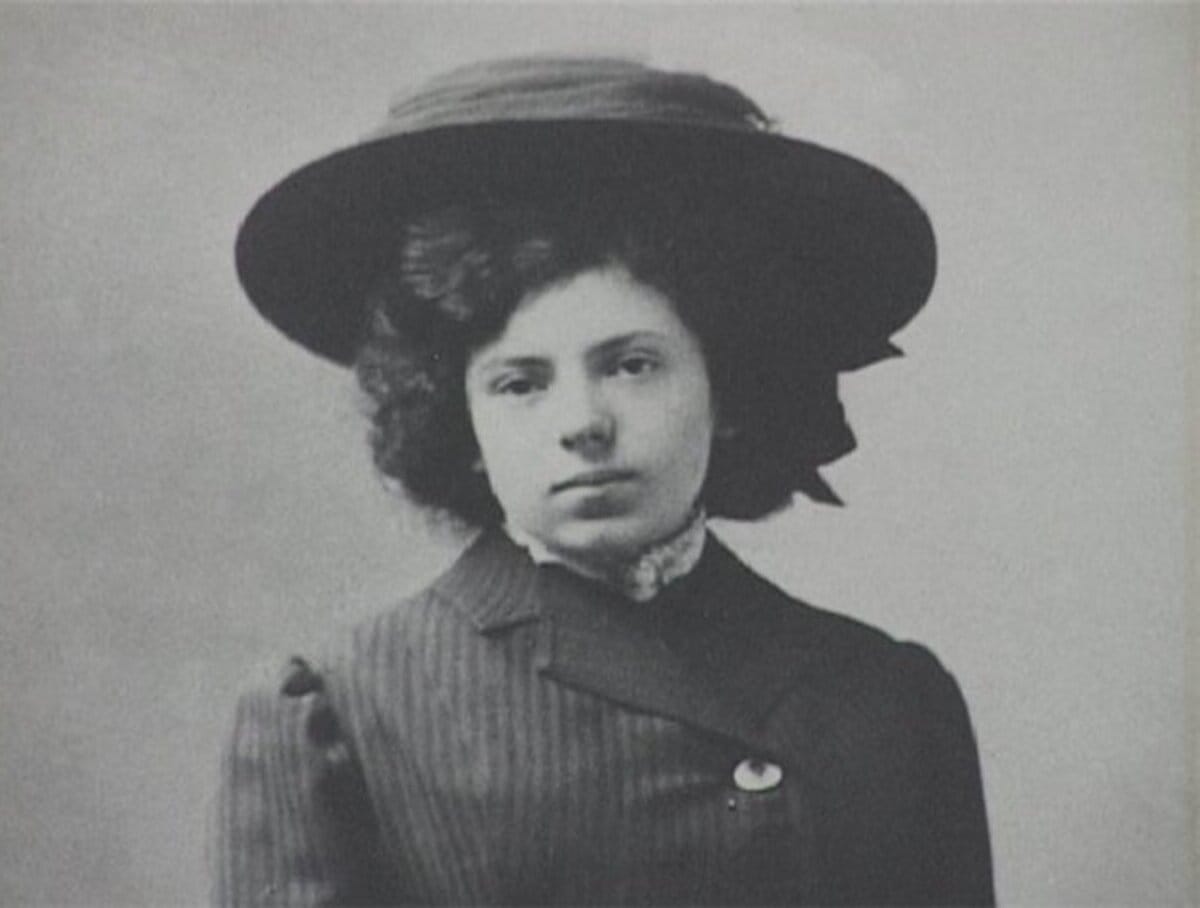On the Internet you can find a poem with obscene overtones, which mentions the poetess Vera Inber. As a rule, the authorship of this work is attributed to Mayakovsky. We checked whether this is justified.
The story about the epigram that Vladimir Mayakovsky allegedly dedicated to Vera Inber can be found on social networks in numerous variations. More often than not, the whole story of the creation of the poem is stated as follows: Inber brought Mayakovsky her poem “Stepan Razin,” which contained the lines: “Don’t swing a tin saber rashly, / cut off a dashing head right up to the shoulder...” Mayakovsky, drawing attention to the dissonant combination “cut off a dashing head,” which suggested not the most decent thoughts, allegedly responded with the following quatrain:
"Ah, at Inber, ah, at Inber!
What eyes, what a forehead!
I would look at everything, I would look at everything,
I would admire her!»
This story is retold by users LiveJournal, Facebook And "VKontakte", sites "Proza.ru» And "Anekdote.ru». Sometimes the authorship of the epigram is also attributed Boris Pasternak And Valentin Kataev.
Vera Inber (1890–1972) became famous as a poet, playwright and translator. Her first collection of poetry, Sad Wine (1914), received good reviews from critics. After the revolution, Inber lived in exile, then returned to Soviet Russia. In the 1920s, she was a member of the Constructivist Literary Center and published in newspapers and magazines. During the siege of Leningrad, Inber remained in the city and wrote her most famous poem, “Pulkovo Meridian.”
First of all, it is worth examining the first part of this story - the awkward verses to which Mayakovsky allegedly responded. IN collected works Inber there is no poem about Stepan Razin, there is no mention of it either in the memoirs of contemporaries or in literary criticism. And the lines about the “dashing head” are found only in combination with the obscene quatrain attributed to Mayakovsky. So this part of the story is not true.
In Soviet times, a poem about Vera Inber existed in oral stories - traces of this can be found, for example, in personal diaries 1980s. In 1988, literary critic Efim Etkind published anthology of epigrams, which he collected for many years. Among them there is also a quatrain, slightly different from what is now being circulated in blogs:
“Ah, at Inber, ah, at Inber
What eyes, what forehead...
I would watch everything, I would watch everything,
I would keep looking at her."
In Etkind’s collection, many epigrams are attributed; among the authors are Sergei Mikhalkov, Konstantin Simonov, and Naum Korzhavin. But the frivolous poem dedicated to Inber is not signed. This book contains many works of unknown authorship, firmly entrenched in folklore, for example, a ditty from the 1960s about the murder of Kirov: “Oh, cucumbers and tomatoes, Stalin Kirov killed in the hallway" Although Etkind accompanied the collection with detailed notes, which often describe the circumstances under which this or that epigram appeared, he did not comment on the lines about Inber. Apparently, they also belong to anonymous oral creativity.
Moreover, there are no traces of this epigram in any collected works Mayakovsky, nor in the memoirs or diaries of the poet’s contemporaries. They began to attribute this quatrain to him only in the 2000s; before this, no one associated the Soviet poet with the frivolous epigram. The earliest "Verified" entry we could find was fast in LiveJournal, published February 2003. Shortly before this, users of the blogging platform brought epigram in the comments, accompanied by the caption: “The famous story about Vera Inber and Mayakovsky.”
“Verified” has already examined similar cases. Often obscene poems created by little-known or completely anonymous authors are attributed to Mayakovsky or Yesenin - poets-hooligans.
Thus, the epigram with obscene consonance, dedicated to Vera Inber, is most likely not a work by Mayakovsky, but the fruit of oral creativity. The story about a poetic response to an awkward poem should not be considered reliable, since neither the poem itself nor the evidence of contemporaries on this matter exists.
Cover photo: Wikimedia Commons
Read on topic:
If you find a spelling or grammatical error, please let us know by highlighting the error text and clicking Ctrl+Enter.






